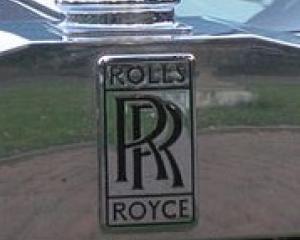More than 900 hip replacements or 482 cardiac bypass operations - that is potentially what $16.9 million could buy in the private health sector today.
Based on the average cost paid out by health insurance for surgery and medical procedures it could also remove 4507 cataracts or 1609 prostates, and pay for 10,903 MRI or 48,286 ultrasound scans.
Last week, former Otago District Health Board chief information officer Michael Swann and his friend and business associate Kerry Harford were convicted of defrauding the board of $16.9 million between 2000 and 2006.
Throughout the period the health board was battling with multimillion-dollar deficits and hospital staff anxiety about the future.
At the time, the board was struggling with the transition from the government-appointed Healthcare Otago management model to a new elected health board model, and the shift to population-based funding.
Headlines from 2001 reported the board was predicting a difficult year and up to 880 non-urgent surgical cases at Dunedin Hospital could be jeopardised by funding cuts and changes.
During 2002, forecast $8.2 million budget blow-out in March deteriorated to a $10.3 million deficit by the end of the year, as the board struggled to allay anxiety about possible staffing cuts amid rising tension at the hospital.
In 2003 it was announced Otago would receive about $20 million less under population-based funding, later increased to a $32 million drop.
Resulting cost-saving plans raised fears among staff about patient safety.
In October 2003 the board also set about creating a policy to determine how the register of board staff members' possible conflicts of pecuniary interest would operate.
That was sparked by two Auckland health bosses quitting, allegedly because of roles they held with a medical supplier.
During 2004 the board said a lack of money was likely to force more severe rationing of some surgery, while in 2005 spending at the hospital was about $1 million over budget in November.
In March 2006, a proposal was put forward to axe about 60 jobs to save $4 million.
In May the chief medical officer spoke out about services being forced to prioritise to stay within budget and his concern patients could battle to receive free scans and other diagnostic tests.



